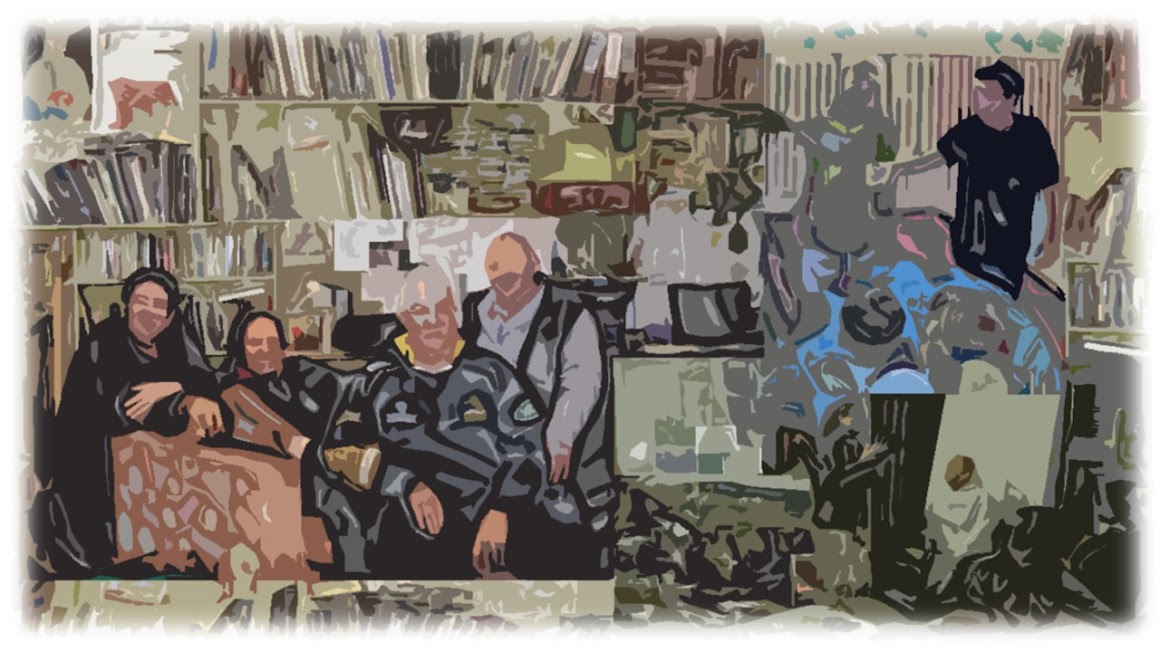Germany has now plunged into raucous discord on the heated topic of climate change
What has set it all off? One of the fathers of Germany’s modern green movement, Professor Dr. Fritz Vahrenholt, a social democrat and green activist, decided to author a climate science skeptical book together with geologist/paleontologist Dr. Sebastian Lüning. Vahrenholt’s skepticism started when he was asked to review an IPCC report on renewable energy. He found hundreds of errors. When he pointed them out, IPCC officials simply brushed them aside. Stunned, he asked himself, “Is this the way they approached the climate assessment reports?”
Vahrenholt decided to do some digging. His colleague Dr. Lüning also gave him a copy of Andrew Montford’s The Hockey Stick Illusion. He was horrified by the sloppiness and deception he found. Well-connected to Hoffmann & Campe, he and Lüning decided to write the book. Die kalte Sonne cites 800 sources and has over 80 charts and figures. It examines and summarizes the latest science.Unfortunately in Australia this 'faith' has already cost the taxpayer billions of dollars and unlike what is beginning to happen in Europe, Australian fanatics still hold power and it looks like they are going to continue to inflict expensive damage on the country into the foreseeable future.
In other 'Green' news coming out of Germany:
Weather-dependent supply wreaking havoc on the power grid
The problem is that these energy sources are weather-dependent and thus their sporadic supply is starting to wreak havoc on Germany’s power grid and is even now threatening to destabilize power grids all across Europe. The other problem: the power grid needed to distribute the decentrally produced green power is simply not there yet. They forgot to build it! So far, after tens of billions of euros spent on renewable energy systems and higher prices for consumers, not a single coal or gas-fired power plant has been taken offline. To the contrary, old inefficient plants have been brought back into service in an effort to stabilize the grid.
In a panic reaction, Germany shut down 8 nuclear power plants
To make matters worse, in a fit of panic and hysteria, the German government shut down 8 of its older 18 nuclear reactors in the wake of the Fukushima disaster, thus removing a very cheap and stable supply of power and further pushing the grid to the limits. Before the shutdown of the nuclear reactors, Germany had been a net power exporter; today it is a net power importer and is at times severely straining neighboring power grids

No comments:
Post a Comment